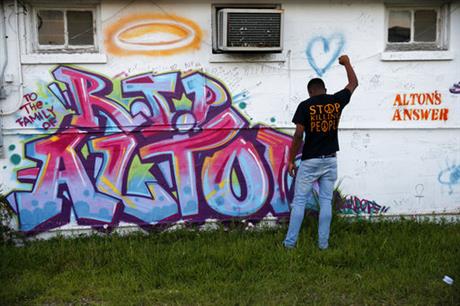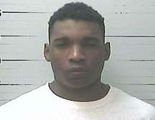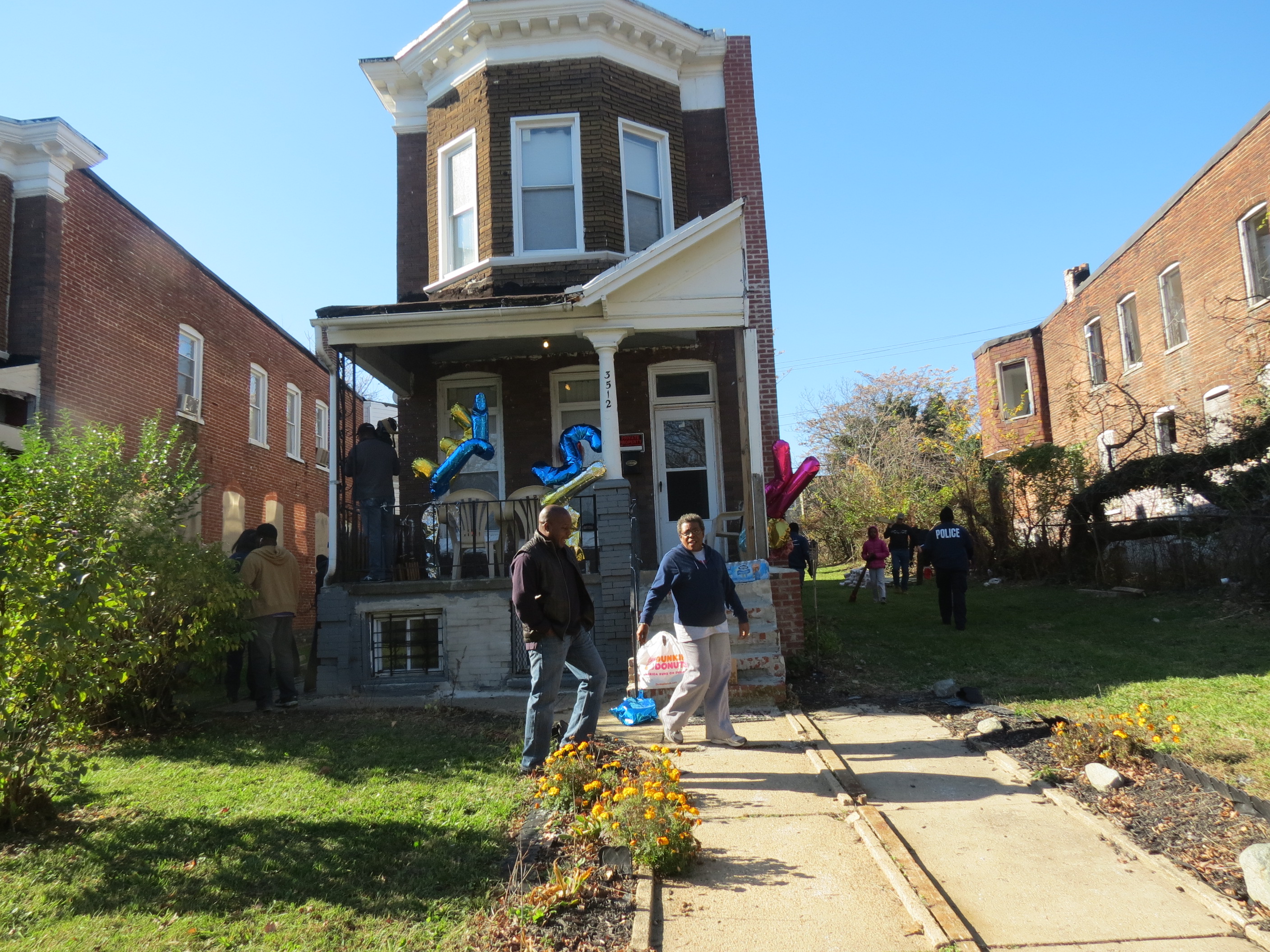

BATON ROUGE, La. (AP) — The Justice Department’s decision not to charge two white Baton Rouge police officers in the shooting death of a black man may not be the final legal chapter in a case that reverberated far beyond Louisiana’s capital.
The department’s decision doesn’t preclude state authorities from conducting their own investigation of Alton Sterling’s fatal shooting last summer and pursuing their own criminal charges in the case.
A person familiar with the Justice Department’s decision disclosed it to The Associated Press on Tuesday. The person was not authorized to talk publicly about the decision and spoke to the AP on condition of anonymity.
Some called for Louisiana Attorney General Jeff Landry’s office to investigate. Mya Richardson, an 18-year-old activist, read out Landry’s Twitter handle and office phone number over a microphone and urged the crowd to “show him how angry you are.”
Raheejah Flowers, 16, fought back tears as she told the crowd that “this is not the end.”
“We are not going to take this sitting down,” she said. “Alton did not die here for us to suck it up and move on!”
Police arrested nearly 200 protesters in Baton Rouge in July following Sterling’s death, which occurred a day before another black man was killed by police in Minnesota.
Racial tensions in Baton Rouge were simmering when a black military veteran from Missouri ambushed and killed three Baton Rouge law enforcement officers and wounded three others before being shot dead on July 17. The city was still reeling from the shootings when August floodwaters damaged or destroyed tens of thousands of homes in the area.
Louisiana Gov. John Bel Edwards immediately asked for a federal investigation of Sterling’s death. He called cellphone video of the incident “disturbing, to say the least.”
No public announcement has been made by the Justice Department as of late Tuesday, and many officials in Baton Rouge said they haven’t been notified.
“The Governor’s Office has not been notified of a timeline or decision regarding the Alton Sterling investigation. We have been in constant contact with the U.S. Attorney’s Office and were assured that both our office and the Sterling family would be given advance notice,” said Richard Carbo, a spokesman for Edwards.
A district attorney’s recusal left Landry to decide whether to have his own office review evidence for possible state charges or to appoint another district attorney to the case. A spokesman for Landry said Tuesday that their office would not comment until after an official Justice Department announcement.
Sterling, 37, was selling homemade CDs outside the Triple S Food Mart before his deadly confrontation with police. Two cellphone videos of Sterling’s struggle with the two officers, Blane Salamoni and Howie Lake II, quickly spread on social media after the shooting.
A police report says Sterling was initially jolted with a stun gun after he didn’t comply with the officers’ commands to put his hands on the hood of a car. The report also says the officers saw the butt of a gun in one of Sterling’s pants pockets and saw him try to reach for it before he was shot.
The videos show Sterling scuffling with Salamoni and Lake after they responded to a caller’s complaint that Sterling had threatened the caller with a gun outside the convenience store. The two officers had Sterling pinned on his back when gunfire erupted, moments after someone yelled, “He’s got a gun!”
One of Alton’s aunts, Veda Sterling, spoke at Tuesday’s vigil and led the crowd in chants of “No justice, no peace!”
“It’s been almost a year and we’re still suffering like it happened yesterday,” she said. “We need closure. We need a conviction. We need justice.”
John McLindon, Salamoni’s attorney, said he can’t comment until he reads an official report from the Justice Department. An attorney for Lake did not return a call seeking comment.
Justin Bamberg, an attorney for some of Sterling’s relatives, has said the family wanted an indictment.
Bamberg also represents relatives of Walter Scott, an unarmed black man who was running from a traffic stop in Charleston, South Carolina, when a white police officer shot and killed him in 2015. The former officer, 35-year-old Michael Slager, pleaded guilty to federal civil rights charges Tuesday, five months after a jury deadlocked on state murder charges against him.
Tuesday’s decision in the Sterling case was the highest profile decision not to bring charges against police officers in a deadly shooting since Jeff Sessions became attorney general. But the federal investigation into possible civil rights violations by the officers was seen as problematic. Authorities in such cases must meet a difficult standard of proof, a challenge that has complicated prosecutions in past police shootings.
Sessions has said his Justice Department is committed to holding individual officers accountable when they break the law. But he also believes too much federal scrutiny of police departments can diminish officers’ effectiveness and hurt morale, and has ordered a sweeping review of federal consent decrees that force cities to agree to major policing overhauls.
The Baton Rouge police chief has said Sterling was armed. The store’s owner has said Sterling wasn’t holding a gun during the shooting but he saw officers remove one from his pocket afterward.
As a convicted felon, Sterling couldn’t legally carry a gun. Court records show Sterling had pleaded guilty in 2011 to being a felon in possession of a firearm and illegally carrying a weapon and was arrested in May 2009 after an officer confronted him outside another store where he was selling CDs.
Police said they have dashcam and bodycam video and store surveillance footage of the shooting; none has been released.
Both officers remain on administrative leave, a standard procedure.
___
Gurman reported from Washington. Associated Press reporter Melinda Deslatte in Baton Rouge contributed to this report.




Be the first to comment